The Managerial Class
Recently I spoke at the Sydney Institute on the subject of George Orwell’s justly famous essay ‘Politics and the English Language’. After the talk, and the discussion which followed, a member of the audience asked me, ‘If Orwell were alive today, what would his politics be? Socialist or capitalist?’
It’s a great question. Orwell had come to see over the course of his life that his youthful socialism had (in practice) produced appalling results – bitterly exposed in Animal Farm and Nineteen-Eighty-Four. But at the time of his death, at the early age of 46 from tuberculosis, he still insisted on calling himself a socialist. How might he have changed if he’d lived longer?
Here is my guess. Orwell might have come to say that we, in the 21st century, no longer live under either socialism or capitalism (or even under a contest between the two) but that we are living under a system that owes little to either: managerialism.
My guess is based on a long essay he wrote a few years before he died responding to James Burnhham’s book The Managerial Revolution. He summarised Burnham’s thesis like this: ‘What is now arising is a new kind of planned, centralised society which will be neither capitalist, nor in any accepted sense of the word, democratic.’
And while Orwell was critical of Burnham’s view (in the immediate aftermath of the second world war, in 1946) he was still convinced that ‘Burnham’s theory is extremely plausible, to put it at the lowest’. Plausible indeed, because in the decades since then what we have seen is the triumph of managerialism.
The members of this class (‘the elites’) can be found running major corporations, public service bureaucracies and a wide range of institutions (universities, major charities, major sporting codes and so on).
That they are a single, cohesive ruling class can be seen in how freely they move from one branch of managerialism to another. Top bureaucrats and ex-politicians end up on corporate boards, while senior corporate managers shift comfortably to running major sporting codes or becoming vice-chancellors of universities. Sometimes they move into senior bureaucratic roles in public bodies (or, better still, win lucrative contracts as ‘consultants’ to the public service).
They see themselves as a meritocracy that has the right to tell the rest of us what to do, because they are wiser than the rest of us. Rupert Murdoch captured their attitude when he said that this elite group display ‘open contempt for those who are not members of their rarefied class’.
To stay in power this managerial ruling class constantly admits suitable recruits from below. This ensures, they believe, that the ‘ablest’ will always be at the top.
The Covid pandemic demonstrated, more powerfully than any other occasion, that we now live under the control of this managerial class. We saw politicians appearing at news conferences beside the medical bureaucrats whose orders they insisted they were taking. In reality they were very comfortable imposing lockdowns, school closures and vaccine mandates on the ‘advice’ of bureaucrats who were fellow members of their managerial class.
The Voice proposal looks to be little more than an attempt by the managerial class (of what Senator Price calls the ‘Indigenous industry’) to write themselves into the constitution – cementing their managerial authority in perpetuity.
This is why the old classifications of ‘right wing’ and ‘left wing’ now look so dated – because the managerial class has no ideology, except for a belief in their own right to be in power, and for the rest of us to submit to their wisdom. The danger of this rising class was seen long ago, not just by Orwell (and Burnham) but by Karl Popper who wrote (in The Open Society and its Enemies, 1952) of the danger of: ‘a lapse into totalitarianism (or perhaps into managerialism)’.
While we have kept watch against the possible encroaching jackboots of the fascists or the communists, the managerial class has quietly taken power. They all know each other as they shuffle quite happily between public and private enterprises, live in the most prestigious suburbs, and attend the same functions.
The cosy friendship between Anthony Albanese and Alan Joyce was the managerial class in action. But the Morrison government was no better. And there is no evidence that any recent state Liberal government resisted being a tool of (and a megaphone for) the managerial class that went on pulling the strings.
So, are we doomed to be mere ‘Winston Smiths’ being told what to say, think and do by the managerial class? How can conservatives who believe in liberty resist their managerial power?
First, we need to treasure those few politicians who continue to think like ‘outsiders’ not ‘insiders’ – Jacinta Nampijimpa Price, Alex Antic, Matt Canavan and… well, you can complete the list. They need our support and encouragement.
Second, we need to continue to badger the conservative arm of politics (Liberal and National parties) to avoid becoming part of the cosy club that meets in the Chairman’s Lounge.
And third, we need to maintain our critical exposure of those media outlets that have turned themselves into mouthpieces for the managerial class. Although George Orwell never quite divorced himself from the socialism of his youth, he remained an ‘outsider’ – too prickly and critical to ever join the ‘insiders’. In many ways, not a bad model to follow.
Got something to add? Join the discussion and comment below.
Get 10 issues for just $10
Subscribe to The Spectator Australia today for the next 10 magazine issues, plus full online access, for just $10.
You might disagree with half of it, but you’ll enjoy reading all of it. Try your first month for free, then just $2 a week for the remainder of your first year.

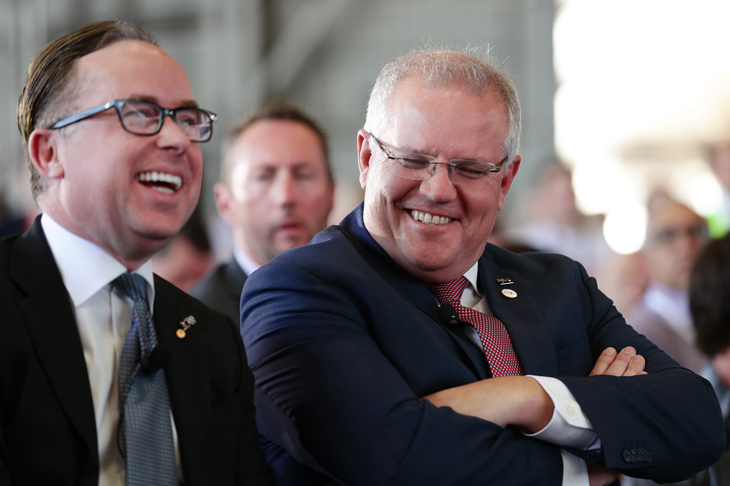
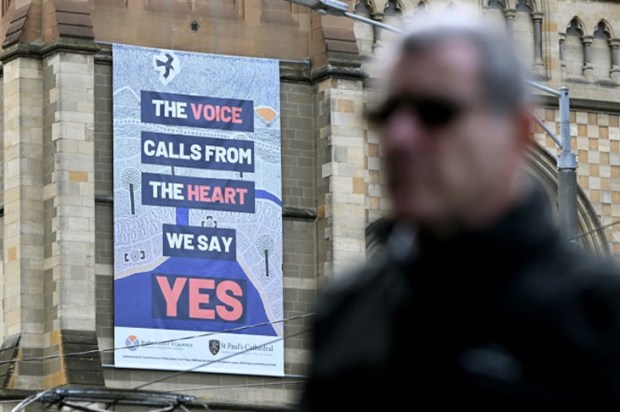

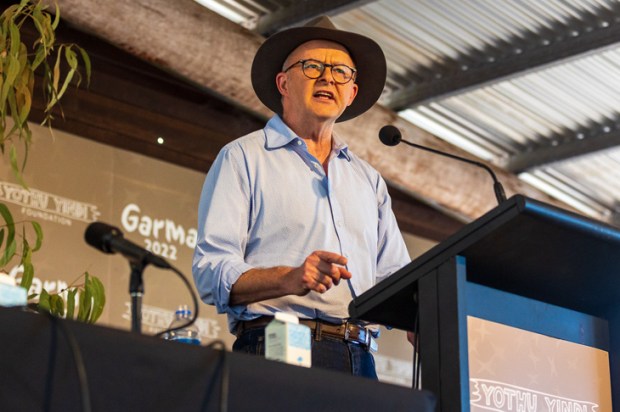
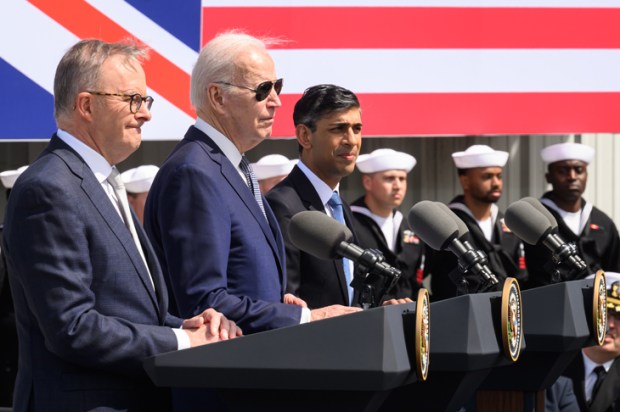
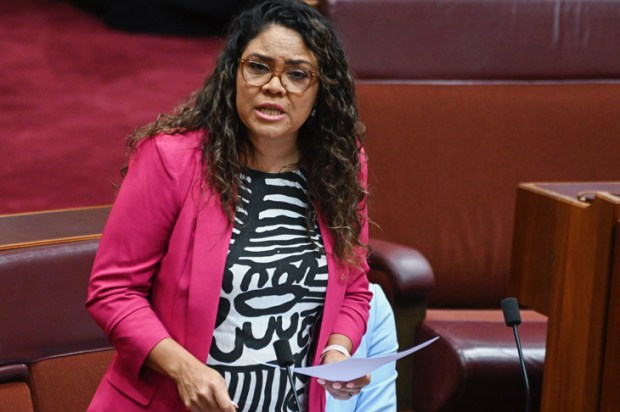







Comments
Don't miss out
Join the conversation with other Spectator Australia readers. Subscribe to leave a comment.
SUBSCRIBEAlready a subscriber? Log in